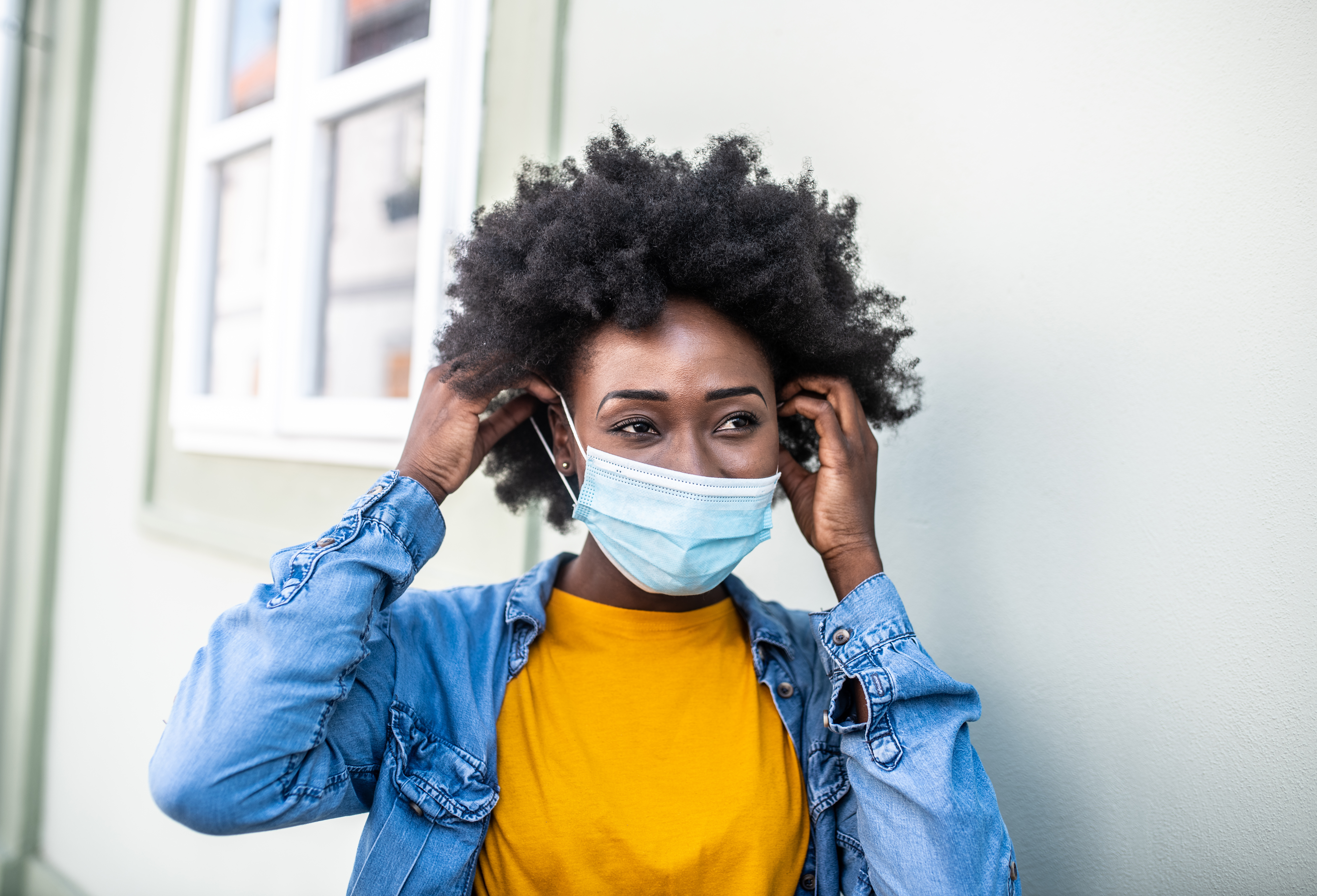
COVID-19 took the world by storm in 2020, impacting everybody’s everyday life physically and mentally. Putting normality on hold for abnormality, causing relationships to fold, and lives to be lost. Two years later, the world had persevered through an entire pandemic and regular life began to return. However, COVID-19 didn’t completely end, we are still dealing with the aftermath. It is time to talk, heal, and seek solutions.
BCHART
The Colorado Black Health Collaboratives Black Community Health Awareness Response Team (BCHART) has been dedicated to supporting the Black community during the COVID-19 pandemic. One way the BCHART team has engaged the community is through Black Spaces. Black Spaces are a trusted and safe space where Black people can have open and honest conversations about matters that impact their lives and communities. These events have offered valuable perspectives on the impact of COVID on different people. The impact COVID has had on the social determinants of health was made evident, as well as how those adaptations have shaped the standard of the mental and physical well-being of society.
Impact of the COVID Pandemic
Attendees at the Black Spaces shared their personal and professional experiences during the pandemic. The group collectively expressed strong feelings of frustration, fear, and feeling helpless during the pandemic. The most impactful of these social determinants were the loss of employment, loss of housing, and lack of accessibility to health care and resources. A main issue that surfaced was the loss of employment. Many participants spoke of either an increase in work hours or losing their jobs due to the pandemic inhibiting their ability. This led to the loss of housing and the need for more resources to support their families.
What was your experience during the pandemic?
Social Determinants of Health
The loss of housing for some, due to the loss of employment was also referenced in the group discussion. According to The US Department of Health and Human Resources, “February 2020 to April 2020 employment decreased by 22 million jobs which is more than twice the number lost during the great recession”. Similarly, the Colorado Coalition for the Homeless stated “that from 2020 to 2022, the number of people experiencing unsheltered homelessness in the Denver 7-county metro area rose from 1,561 to 2,078 (this represents a 33% increase).” Making it evident that homelessness was a commonality due to COVID-19. During this time of need the necessity for resources increased because of how people’s lives were disrupted due to COVID-19 in masses. Homelessness and joblessness were only a few of those disruptions that led to a negative impact on health during that time.
What About Mental Health?
Some of the most appreciated conversations with the community during the Black Space were intimate conversations about the impact COVID-19 had on their mental health. Participants exposed their vulnerability and shared the challenges experienced during quarantine. Isolation, fear, and grief heavily impacted mental health. Participants expressed that the inability to connect in social settings such as work, school, the gym, and church led to loneliness and depression. On the contrary, some participants expressed positive outcomes associated with being in quarantine. Such as being forced to slow down, spending quality time with loved ones, and embracing self-care. Many expressed that fear of the unknown surrounding COVID-19 led to increased levels of anxiety.
“In the first year of the COVID-19 pandemic, global prevalence of anxiety and depression increased by a massive 25%.” World Health Organization
Some participants who worked in the health and behavioral health care field shared their professional perspective on the mental health effects of COVID on families. They spoke of seeing a rise in therapy referrals, substance use, domestic violence, child abuse, and neglect in homes. This led to an increase workload for mental health providers. The need for support outweighed available resources and caused staff to feel depleted which, affected their mental health. This resulted in people having to deal with their mental health problems on their own or not at all.
Despite this, the participants spoke proudly about the high level of resilience through many coping skills like yoga, exercise, social media, vacations, and more during the pandemic. They continued these skills after the pandemic simmered down. It was made clear through these conversations that mental health is still a heavy issue faced by the Black community. The group felt that solutions were important to share and discuss – consistent self-care, improving accessibility of resources, creating guides and taking advantage of the state legislation put in place that allows payment for increased mental health visits.
Black Spaces are Important
The pandemic has left numerous echoes of its existence. Using CBHC’s Black Spaces, we have been able to trace those lasting effects that have shaped society into what it is today, good and bad. Black Spaces are significant because they offer a safe space for people to honestly share their vulnerable experiences, without feeling judged. Through these tough conversations, we’ve been able to analyze these impacts and adaptations, allowing for possible solutions to be brought about in order to ensure that society is fully able to recover from that tragic era. BCHART will continue the Black Spaces, where we can congregate, capture a listening ear, and cultivate strategies and solutions to aid the healing process.
By Ashley Tryels
And still we rise!
